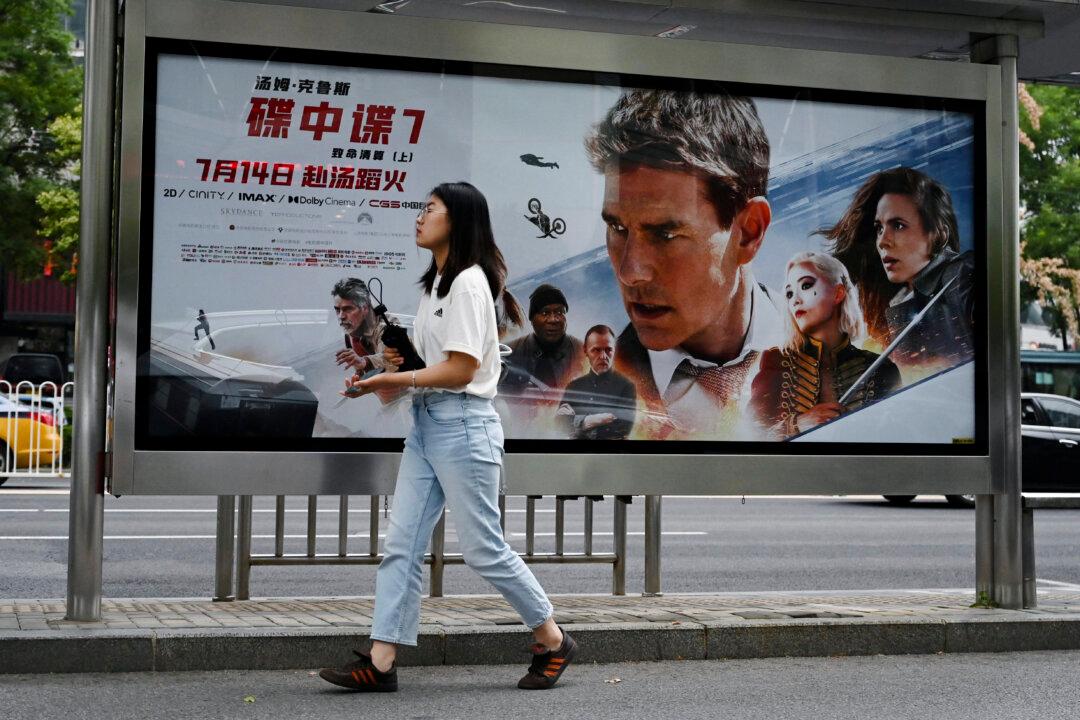China’s communist regime is retaliating against U.S. tariffs on Chinese goods by restricting imports of Hollywood films, a move dismissed by President Donald Trump.
The Chinese regime’s National Film Administration announced on its website on April 10 that it would “moderately reduce” the number of U.S. movies allowed into the Chinese market, claiming that the Chinese audience’s interest in them “will inevitably be reduced” following the escalation of U.S. tariffs on Chinese goods.





